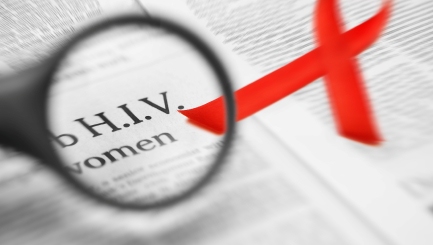Sex, Drugs and Alcohol: Who is More Likely to Spread HIV?
 In Russian risky drinkers, whose wellbeing is affected by HIV, marijuana use has been linked to other risky behaviours to do with drugs and sexual health. This is according to researchers from Boston Medical Center (BMC) and Boston University’s School of Medicine (BUSM) and School of Public Health (BUSPH), who say that their findings could help medical wellness experts to detect individuals who are more likely to transmit the infection.
In Russian risky drinkers, whose wellbeing is affected by HIV, marijuana use has been linked to other risky behaviours to do with drugs and sexual health. This is according to researchers from Boston Medical Center (BMC) and Boston University’s School of Medicine (BUSM) and School of Public Health (BUSPH), who say that their findings could help medical wellness experts to detect individuals who are more likely to transmit the infection.
Worldwide, cannabis, or marijuana, is the most frequently used illicit drug. Whilst previous, non-HIV related studies have shown that using this drug opens the gateway to others, such as cocaine and heroin, and unprotected sex and a larger number of sexual partners, not much is known about marijuana use and its impact on those behaviours in individuals already infected with HIV. In Russia, the HIV epidemic is largely due to injection drug use (IDU) but HIV transmission through unprotected sex is also on the rise.
For the study, which was published online in the journal Drug and Alcohol Dependence, researchers, led by Jeffrey Samet, MD, MPH, from the Clinical Addiction Research and Education (CARE) Unit at BUSM, looked at data collected in St. Petersburg, Russia, in a cohort of 700 HIV-infected individuals with risky drinking practices. This means men who drink over four drinks a day or 14 drinks a week and women who consume more than three drinks a day or seven drinks a week.
With colleagues from Russia, the researchers determined that marijuana use was relatively common. 20% of participants had used it within the last month and 46% within the last year, whilst 43% admitted to IDU and 23% reported sharing needles in the last 30 days. In the previous three months, 27% of participants had been with multiple sexual partners. There was a significant link between marijuana users and an increase in sharing needles, IDU, the number of injections and the number sexual partners, though it was not associated with decreased condom use.
Samet, chief of general internal medicine at BMC and the article’s corresponding author, concluded, ‘I don’t think physicians currently inquire about marijuana use among HIV-infected individuals in part because they are not sure what to do with the information. Given these findings and the high prevalence of marijuana use, it is important to explore whether or not its use results in risky behaviour.’


Comments are closed.